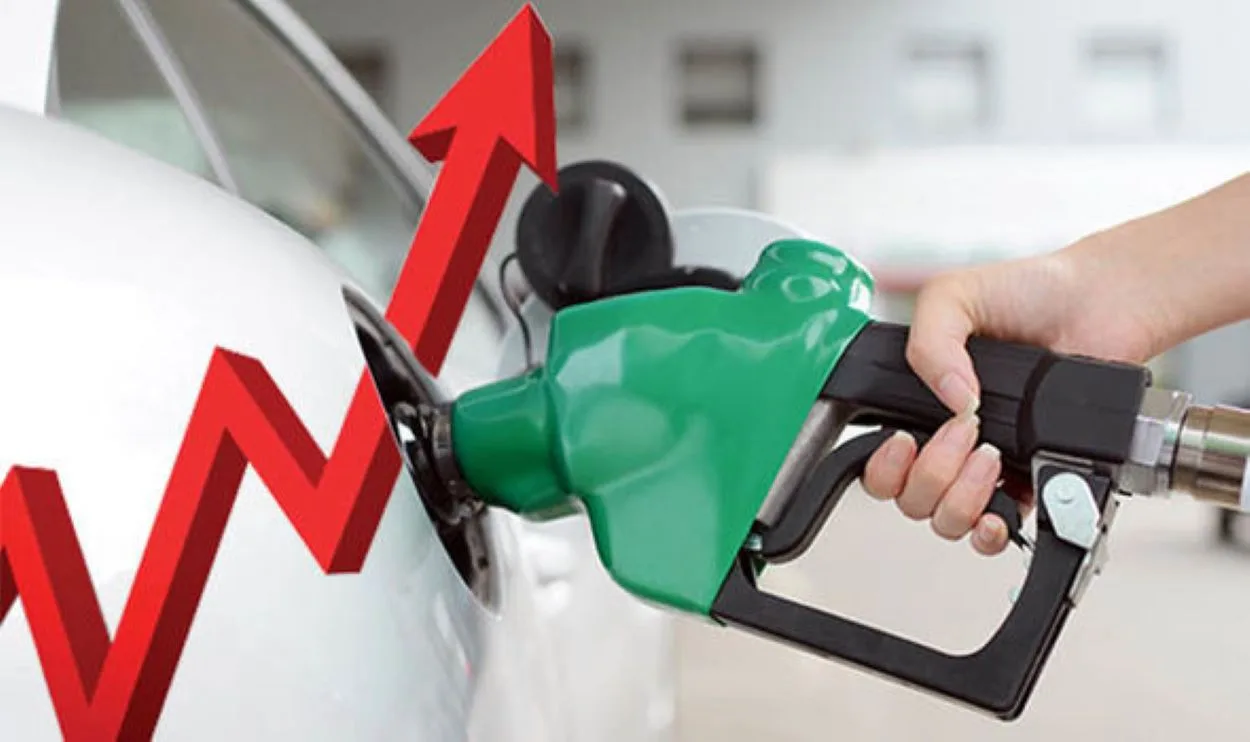Industry sources reported that Pakistan might raise fuel prices starting September 16. The Pakistan petrol price could increase by Rs1.54 per litre, and high-speed diesel might go up by Rs4.79 per litre. Kerosene and light diesel may also rise by Rs3.06 and Rs3.68 per litre, respectively.
The Oil and Gas Regulatory Authority (OGRA) will send its final calculations to the Petroleum Division on September 15. The Petroleum Division and the Ministry of Finance will then propose new prices, including taxes, to the prime minister. The Pakistan petrol price and other rates will start once the prime minister approves them. This process follows the government’s regular review of global oil prices and exchange rates. This entire process significantly impacts the petrol price in Pakistan.
Read: Govt Maintains Petrol Price, Cuts Diesel by Rs3 for September 2025
On September 1, 2025, the government lowered the price of high-speed diesel by Rs3 per litre, from Rs272.99 to Rs269.99. Petrol prices stayed the same at Rs264.61 per litre. Kerosene dropped by Rs1.46 to Rs176.81, and light diesel fell by Rs2.40 to Rs159.76. These changes, effective for 15 days, came after a similar cut on August 15, when diesel prices dropped by Rs12.84 per litre. Attention remained on Pakistan’s petrol price during these adjustments.
Fuel prices in Pakistan depend on global oil trends and local costs. Current global prices show motor gasoline at $6.37 per barrel and diesel at $3.20 per barrel. Local factors, like the Inland Freight Equalisation Margin (Rs8.05 for petrol, Rs6.20 for diesel) and taxes such as the Petroleum Levy and Climate Support Levy, also affect retail prices and the overall Pakistan petrol price.
Rising fuel prices can affect daily life in Pakistan, from transport to goods prices. The government’s effort to balance global trends and local needs shows the challenge of keeping fuel affordable. These changes could impact families and businesses across the country, making the petrol price in Pakistan a national concern.






